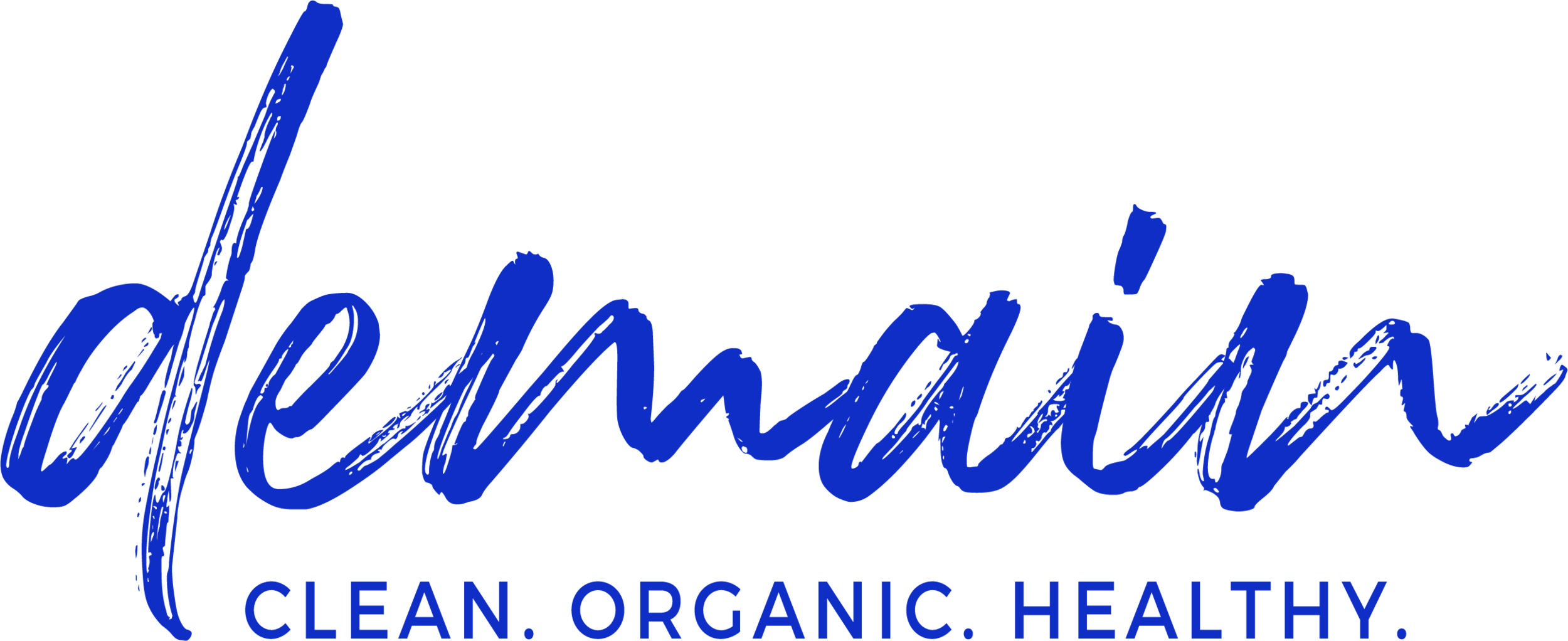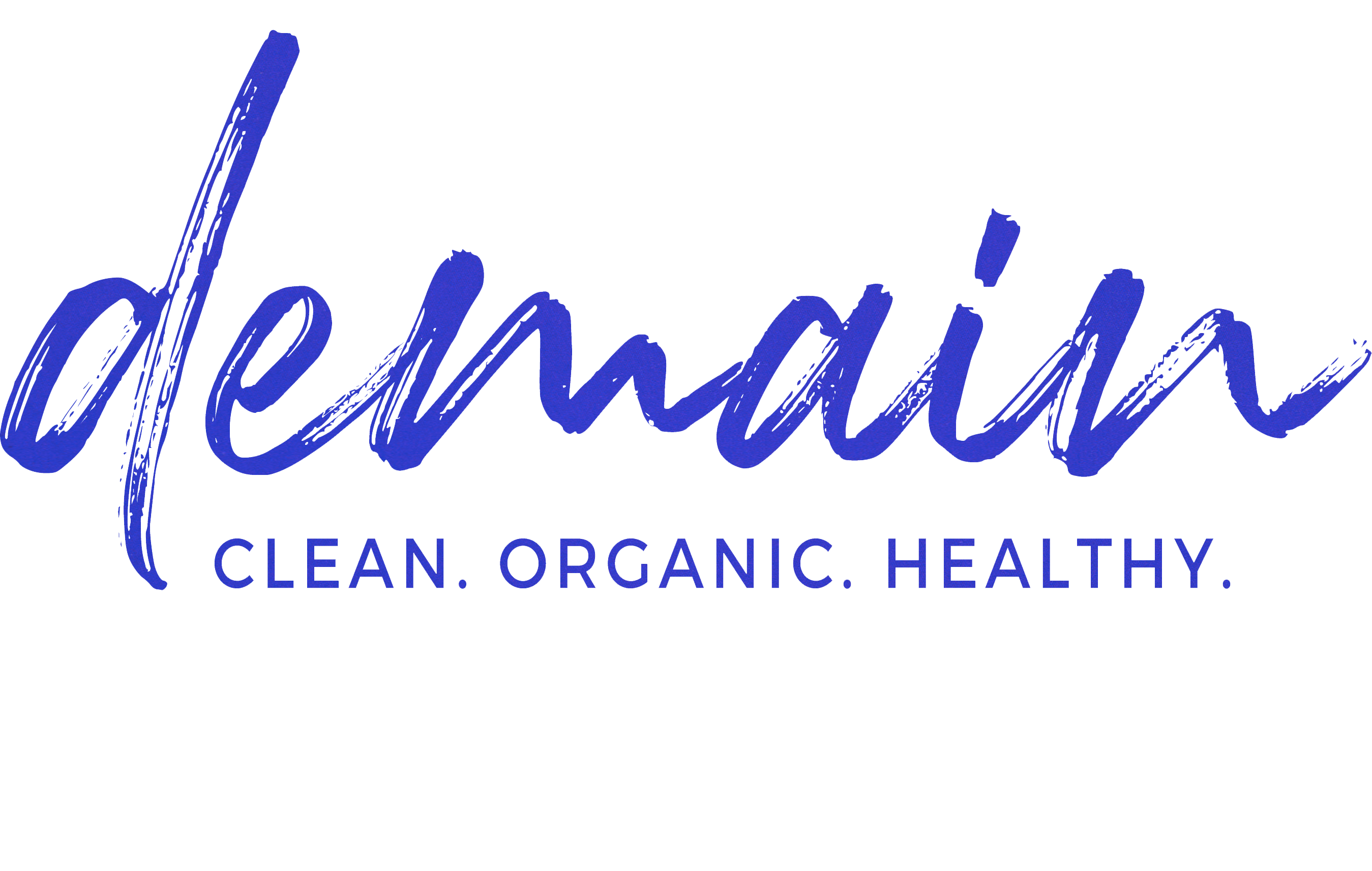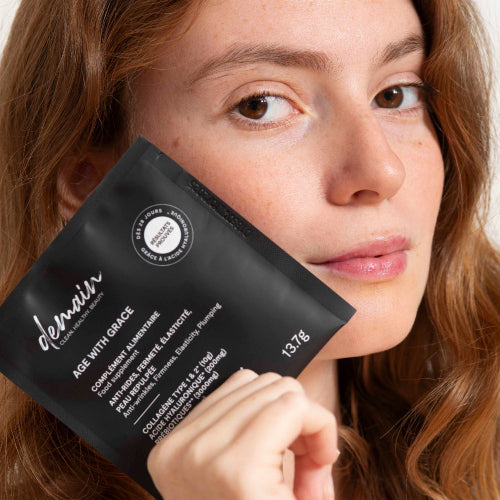Fasting allows the body to regain normal functioning and eliminate toxins and accumulated waste.
It is often accompanied, whether as a side effect or desired, by spiritual work. In 370 BC, the Greek physician Hippocrates asserted that one should 'cure one's minor ailments by fasting rather than resorting to drugs.'
Around 600 years later, the Roman doctor Claude Galen prescribed fasting to maintain the balance between the humors and the body. Long forgotten in the West, the practice of fasting was brought up to date between the 1950s and 1990s by Russian and later German researchers.
Today, it is increasingly popular, and many people are tempted by this natural purification technique.
However, it is important to be careful as fasting requires meticulous preparation and should not be rushed.
In this article, you will find all the information you need to better understand your fast and live it well!
THE PRINCIPLE OF FASTING AND ITS BENEFITS
Fasting is one of the oldest self-healing practices that encourages purification of the body. It consists of depriving the body of food and drink, with the exception of water, for a more or less long period of time.
This dietary practice is known to have beneficial effects on the body and mind. You should know that in normal times, 70% to 80% of our energy is devoted to digestion. During the fast, the body and the digestive system are at rest which allows the body to eliminate toxins, bad fats and to regenerate naturally.
Fasting causes a drop in hormones. This phenomenon leads to a state of deep relaxation, which has repercussions on the quality of sleep and on stress management.
It also promotes the proper functioning of the respiratory tract. These will mobilize our antioxidant defenses in order to best eliminate the pollution that we inhale on a daily basis.
In addition, fasting helps the body to better fight disease and maintain good health. In some people, there is a decrease in chronic pain and pain related to rheumatoid arthritis. Studies have even shown that fasting allows cancer cells to respond better to chemotherapy treatments!
WHAT IS THE IDEAL LENGTH OF A FAST?
There are none! Everyone does according to their desires, their needs and above all their abilities. The duration also varies according to the types of fasting.
- If you are fasting for the first time it is impossible to know how your body will react. We must therefore remain cautious. Start with an organized fast based on the consumption of more or less solid foods such as soups and vegetable broths. It usually lasts between 3 and 7 days. The average fast extends over more than a week (between 8 and 10 days), and is typical of spiritual retreats. During this period, it is advisable to drink 4 liters of water per day. High-calorie fruit-based drinks such as smoothies or fruit juices should be avoided.
- If this is not your first experience or you have serious pathologies, you can opt for a long fast, that is to say between 30 and 40 days which requires supervision by a health professional.
PREPARE WELL
Fasting requires willpower and good preparation. Before you start, ask yourself the right questions: what is the reason that drives me to do this fast? What is my goal? Am I ready to starve myself?
Fasting is a choice, not a punishment! It should be done with pleasure and you should feel good and aligned with yourself. Feeling any frustration will have repercussions on your body, including a very rapid weight gain.
It is important to prepare the body to receive less food before the start of the fast by doing what is called a food descent. This varies according to the duration of the fast (we start the food descent 6 days before starting a 6-day fast, 4 days before for a 4-day fast, etc.).
WHAT FOODS TO STOP CONSUMING?
At first, limit stimulants such as coffee, tea and chocolate. Then set aside animal proteins and dairy products, then cereals. The two days before the start of the fast, give preference only to fruits and vegetables.
Regarding drinks, it is necessary to drink at least 3 liters of liquid per day, throughout the duration of the fast. Opt for light drinks such as herbal teas, lemon juice and vegetable broths.
IS THERE A "GOOD" SEASON FOR FASTING?
Did you know that certain seasons are more conducive to fasting ? Well yes ! It is best to fast during transitional seasons such as fall and spring, because the functioning of the body changes to cope with variations in temperature.
In summer, with the high heat, we eat less. Fasting is therefore not recommended at this time because we naturally reduce the quantities of our food bowl. It is also not recommended to do one in winter because the body needs more energy.
THE DIFFICULTIES OF FASTING
Deciding to fast is not a trivial choice, there is a real will behind it. Starving yourself is not easy and the first few days can be difficult.
Fasting upsets the whole body, which will need a few days to adapt to the lack of food. The body will fill the lack of sugar by different mechanisms and draw on its reserves to replenish it.
After using all of its stock of sugar, the body will synthesize the lipids and proteins present in its reserves in order to provide the energy necessary for the organs and muscles to function properly.
On the 3rd day of fasting, some fasting people may have an acidosis attack. This period can be accompanied by intense fatigue, migraines and nausea.











